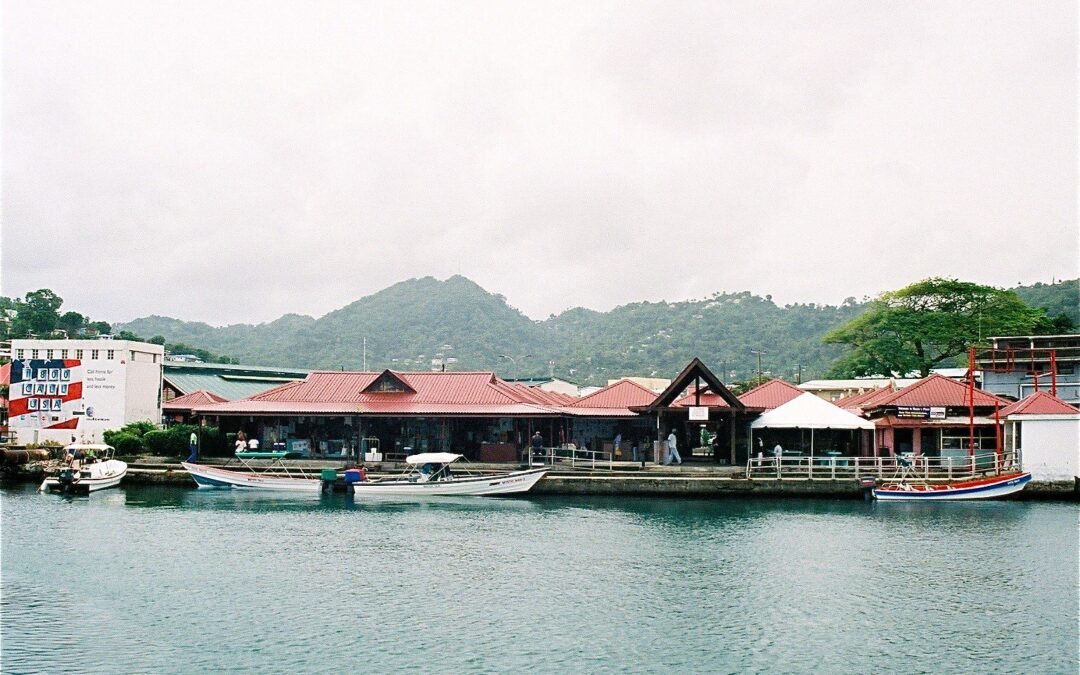
TACOMA, Seattle — The Caribbean islands of Antigua and Barbuda have long been a trendy vacation spot for the rich and famous; its white beaches and clear waters attracting the likes of Oprah Winfrey, Giorgio Armani and Eric Clapton. But as the coronavirus sweeps across the globe, the once-vibrant beaches and resorts of the twin-island nation have emptied as a result of national lockdowns and travel bans. More than six months into the global pandemic and COVID-19 in Antigua and Barbuda has affected the nation. It’s unclear when the tourism-economy of the small two-island nation will recover.
Tourism in Antigua and Barbuda
More than 70% of Antigua and Barbuda’s annual gross domestic product (GDP) comes from the tourism industry and ancillary sectors, Dario Item, ambassador of Antigua and Barbuda to Spain, Monaco and Liechtenstein, said in an interview with The Borgen Project. Even industries not directly tied to tourism took a big hit because of stay-at-home orders, like the construction sector, as a lot of construction projects in the country are tourism-related.
“For countries, such as Antigua and Barbuda, which substantially live on tourism, this constitutes a real tragedy capable of driving their economy to collapse in a rather short time,” Ambassador Item added. Right now, Antigua and Barbuda is under a level three travel advisory with 95 confirmed cases, according to the United States Embassy in Barbados, the Eastern Caribbean and the OECS. The nation’s State of Emergency is now set to continue until the end of October.
COVID-19 in Antigua and Barbuda has completely stunted the islands’ economy and is threatening the future of “the majority” of local businesses, especially those tied to the tourism industry, Ambassador Item said. Despite the government’s efforts to support its population, COVID-19 in Antigua and Barbuda has caused much hardship for residents of the Caribbean islands. The pandemic, Ambassador Item said, has eroded economic advancements Antigua and Barbuda has made in recent years. “[It] has caused a sharp increase in unemployment and poverty,” he added.
Homelessness in Antigua and Barbuda
Even though homelessness in Antigua and Barbuda is relatively low on the islands, some worry that a downtick in the national economy could lead to housing insecurity for residents of Antigua and Barbuda. “There is a problem of substandard housing and inadequate housing but homelessness is not widespread,” according to Ambassador Item. That being said, there is an established link between homelessness and national development, according to the Institute of Global Homelessness. Homelessness can occur because of economic factors, extreme poverty or shortages of affordable, safe housing.
During the pandemic, the government decided against layoffs of government employees. All who worked for the government of Antigua and Barbuda kept their jobs throughout the pandemic, Ambassador Item said. However, because tourism is in the private sector, this led to economic hardship for many residents who depend on beach attractions and resorts for their livelihood. He also noted that “the government and charities distributed food packages [to alleviate the financial toll of the virus.]”
Relief from European Nations
In May, leaders of Antigua and Barbuda worked with ambassadors across Europe to form a caucus focused on financial assistance during the crisis and support as the country tries to jump-start its economy. The caucus is made up of leaders from the United Kingdom, Spain, Greece, Germany, Bulgaria and Russia.
In addition to offering coronavirus related aid, the caucus will focus on creating opportunities for European nations to leverage their power and influence to support Antigua and Barbuda. The aid comes in the form of donations to Mount St. John’s Medical Centre, which included hand sanitizers, antibacterial soaps, vitamin C tablets, multivitamins, energy bars, hygiene products and even a laptop to help track the spread of the virus.
In total, these donations are worth about XCD $200,000 — a little more than $74,000 — and were all “sourced from local suppliers,” according to the Antigua and Barbuda High Commission Facebook page.
The caucus also plans to boost investment and trade, promote the islands as a tourist destination for Europeans and other contributions to enhance continued development.
The caucus also is working with organizations like the Halo Foundation for the Needy to support the Sunshine Home for Girls, the Ex-Servicemen’s Association, the St. Vincent de Paul Society and the Grace Programme to improve the living conditions for people in Antigua and Barbuda. These organizations are fundraising together under the “You Can Help Initiative,” which has raised nearly £25,000 of their £145,000 goal to help pay for major expenses for each organization.
The four charities that form the “You Can Help Initiative,” serve more than 300 people across Antigua and Barbuda. During the pandemic, the St. Vincent de Paul Society in particular, is giving out 50 hot meals a day through their “Meals on Wheels” program.
Lessons from the devastation of Hurricane Irma in 2017
The devastation to the tourism economy as a result of the pandemic comes just three years after Hurricane Irma ravaged the Caribbean, and largely destroyed Barbuda.
The recovery after Hurricane Irma demonstrated the important role that foreign aid can play in rebuilding the economy after a crisis. According to Ambassador Item, international aid was integral to helping Antigua and Barbuda get back on its feet after the hurricane. As of early 2019 — more than one year after the devastation of Irma — 75 % of displaced Barbudans had returned to their homes.
COVID-19 in Antigua and Barbuda has brought the tourism industry to a screeching halt, leaving many without jobs and causing financial hardship for thousands. But with the ongoing support and fundraising efforts from the caucus of European nations and the islands’ history of resilience, Antigua and Barbuda seems poised to bounce back from the financial turmoil caused by the pandemic.
– Laney Pope
Photo: Flickr








